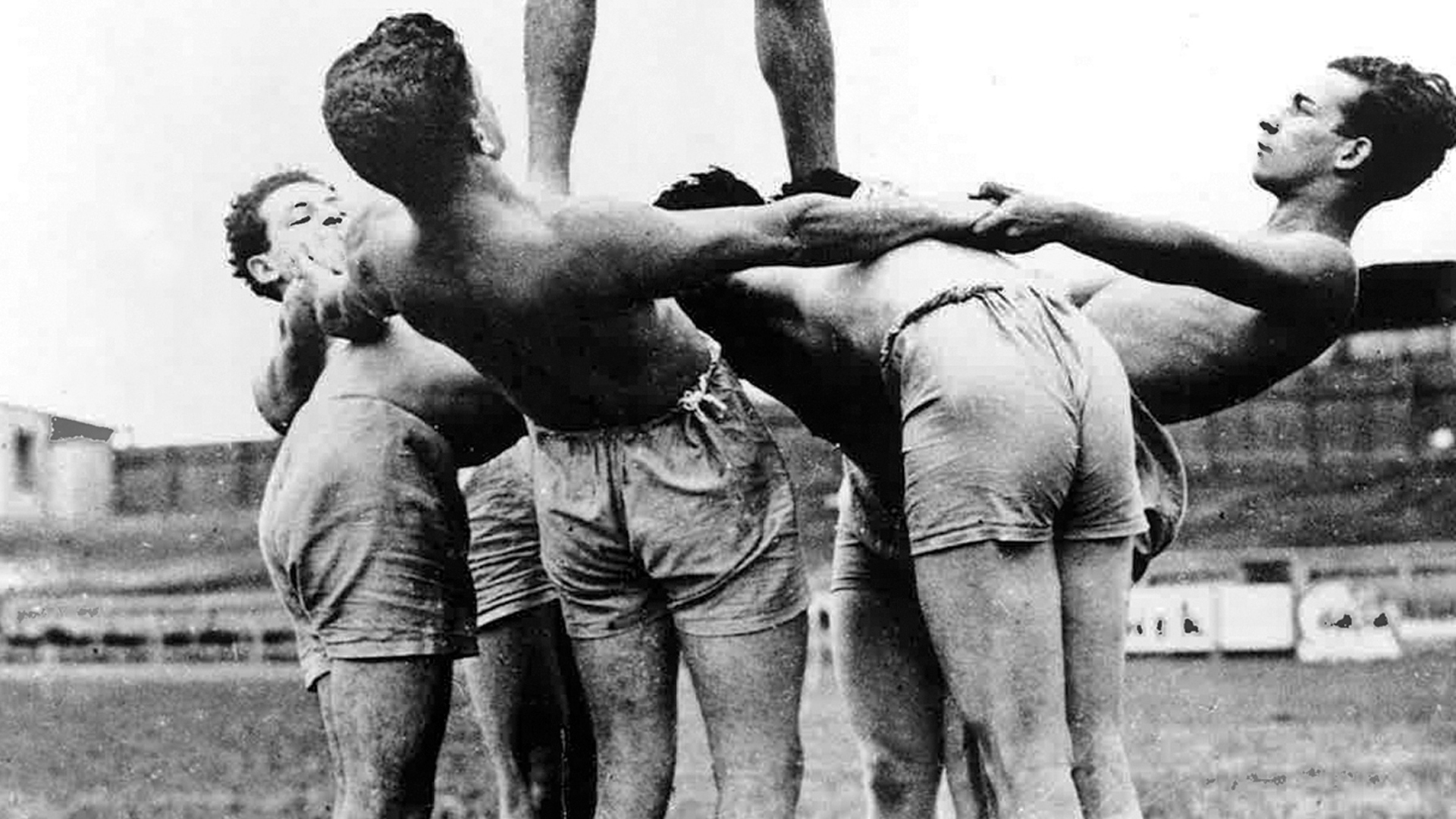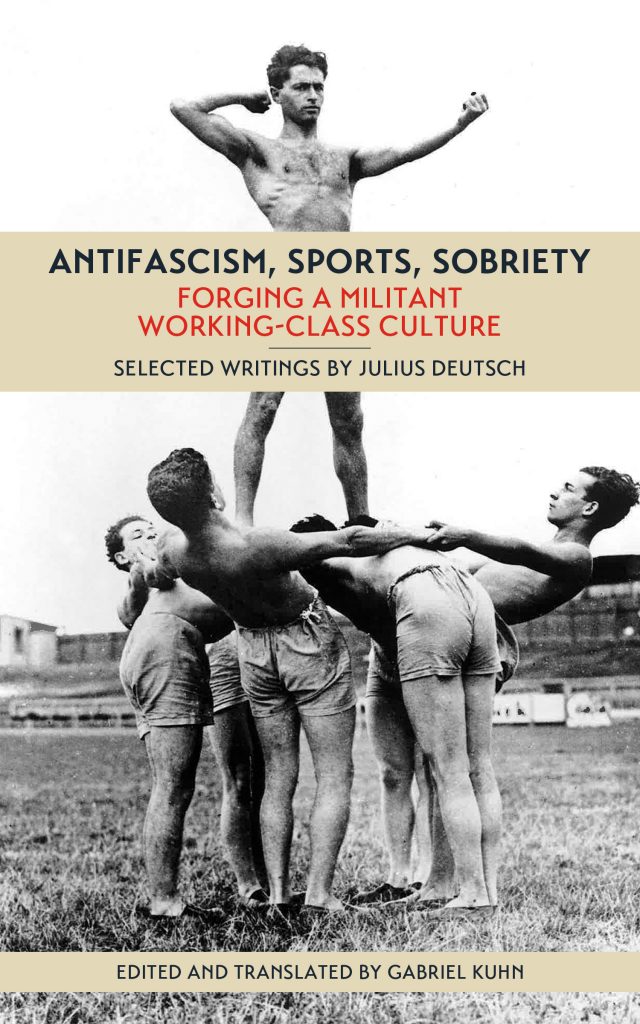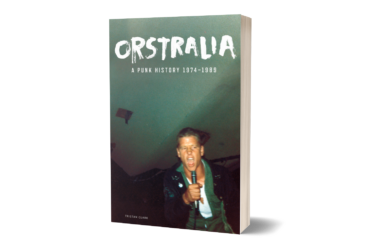By Lorraine Berry
Signature.com
9/17/2018
The fascist obsession with the body was succinctly described by Susan Sontag in her essay, “Fascinating Fascism,” in which she criticized the rehabilitation of Nazi filmmaker Leni Riefenstahl. In her propaganda film, Olympiad, her record of the 1936 Olympics, Riefenstahl focused on the physical perfection of the athletes, which leads Sontag to write, “Fascist art displays a utopian aesthetics—that of physical perfection. Painters and sculptors under the Nazis often depicted the nude, but they were forbidden to show any bodily imperfections. Their nudes look like pictures in male health magazines: pinups which are both sanctimoniously asexual and (in a technical sense) pornographic, for they have the perfection of a fantasy.” Klaus Theweleit also addressed fascist attitudes toward the body.
Julius Deutsch was an Austrian Marxist who opposed the spread of fascism. He organized workers in Austria into proletarian militias. Because he understood the “physicality” of the Nazis, he emphasized physical health and strength among those who were to fight them. He organized sports programs for Austrian workers that would give them the physical skills to resist German fighters. Wehrsport combined cross-country running, shooting sports, martial arts, and other types of physical training as part of its “paramilitary sport.” He also prescribed “healthful” practices, such as abstaining from alcohol, as part of a program that would build up each individual’s stamina and strength, since the battles ahead would be “exhausting.” Deutsch’s objection to the more traditional sports — soccer, for instance — is that young men watched those sports, going to the stadiums to watch other men play but not benefitting from the exercise themselves. Deutsch’s programs took parts of the fascist program of health and strength and re-wrote it for the benefit of workers who would battle Nazis in the streets.







